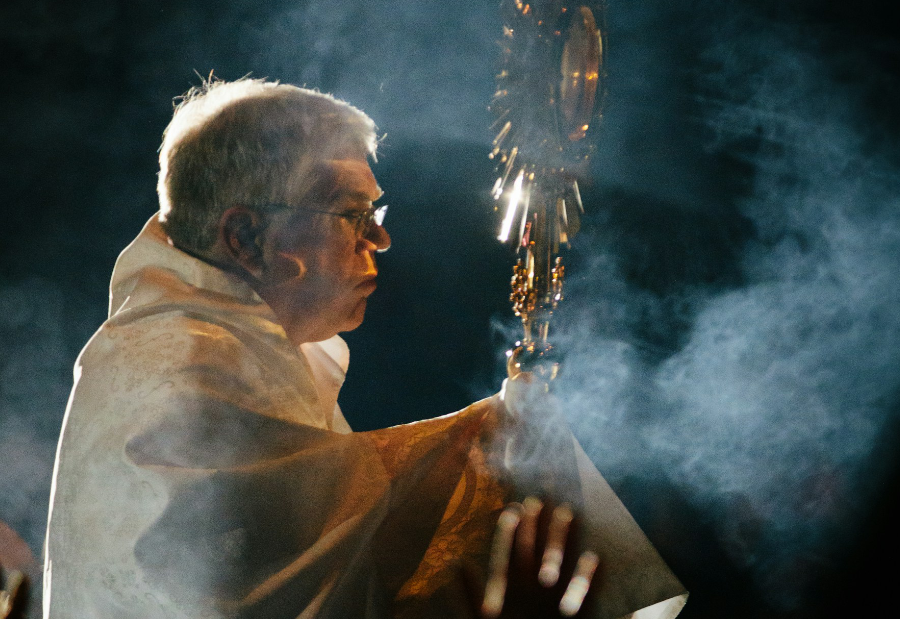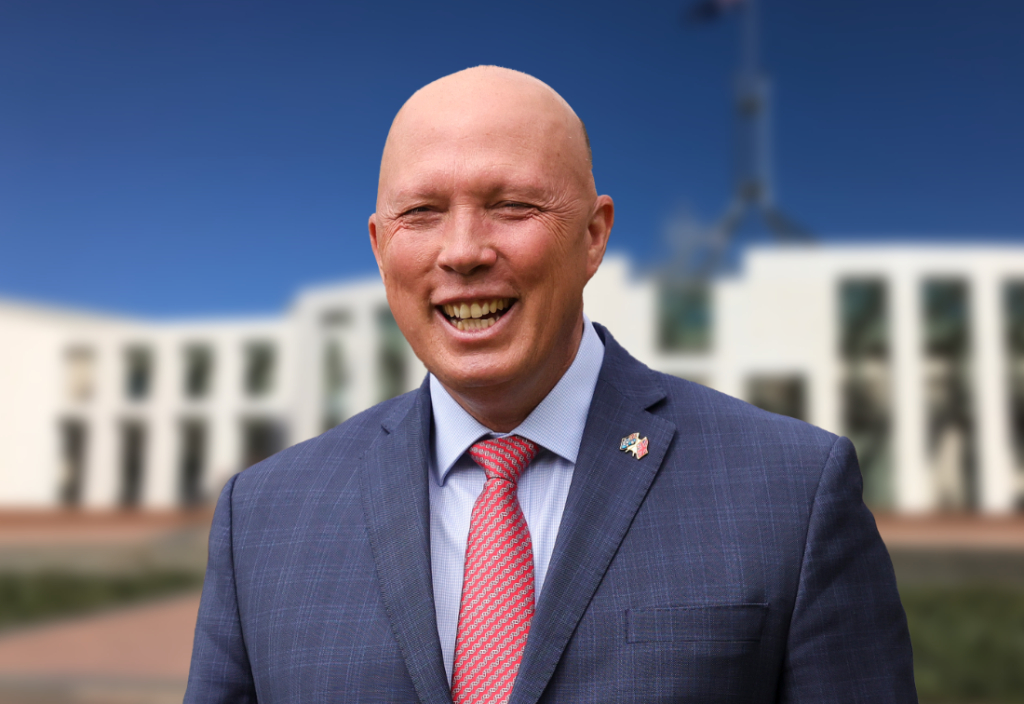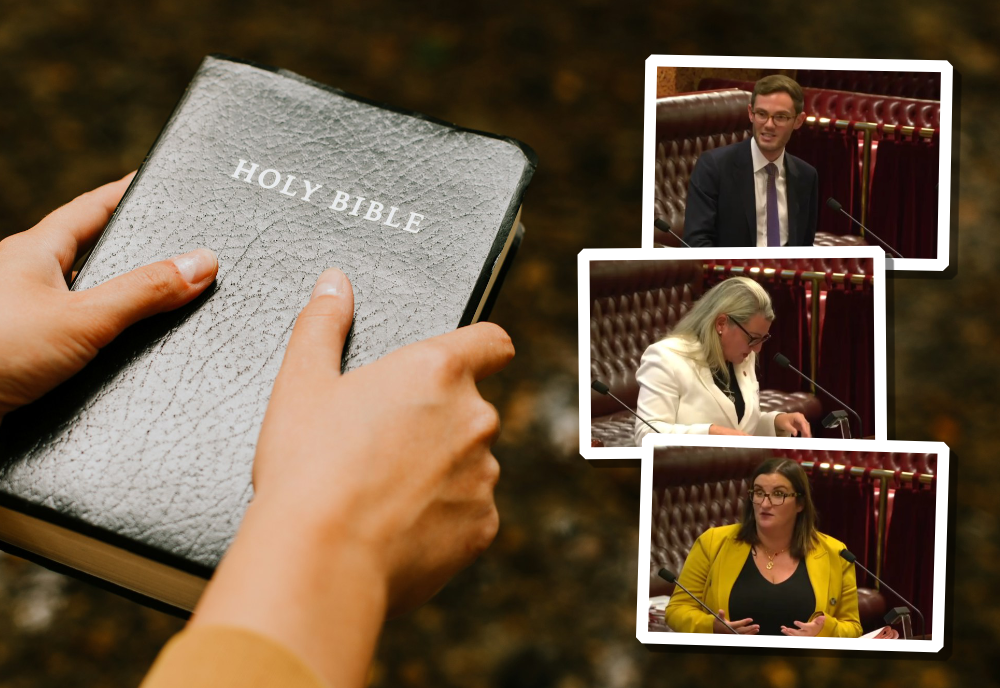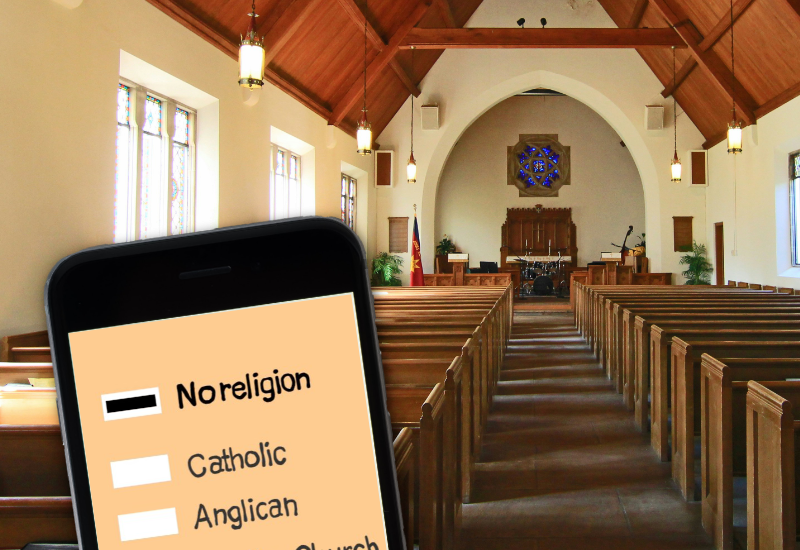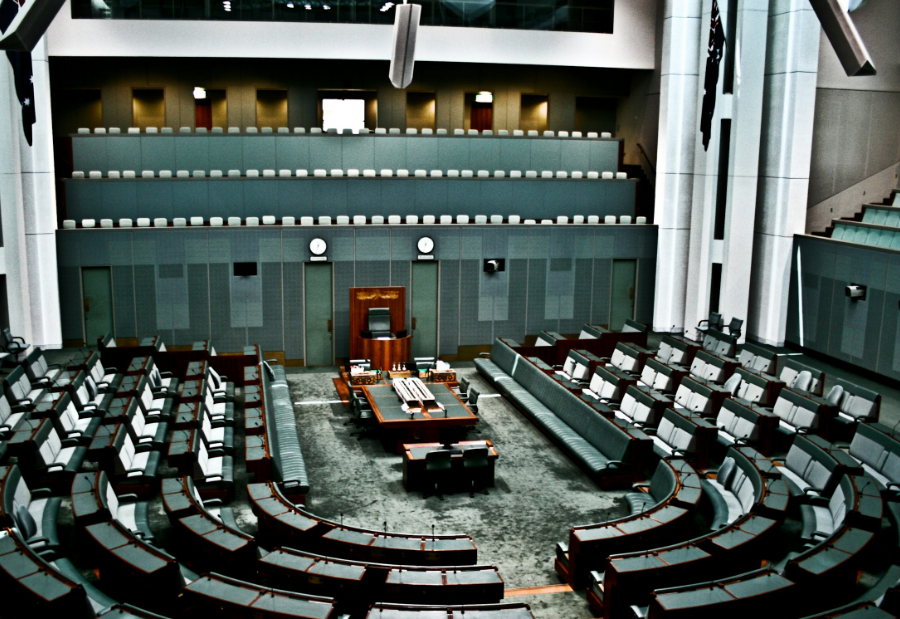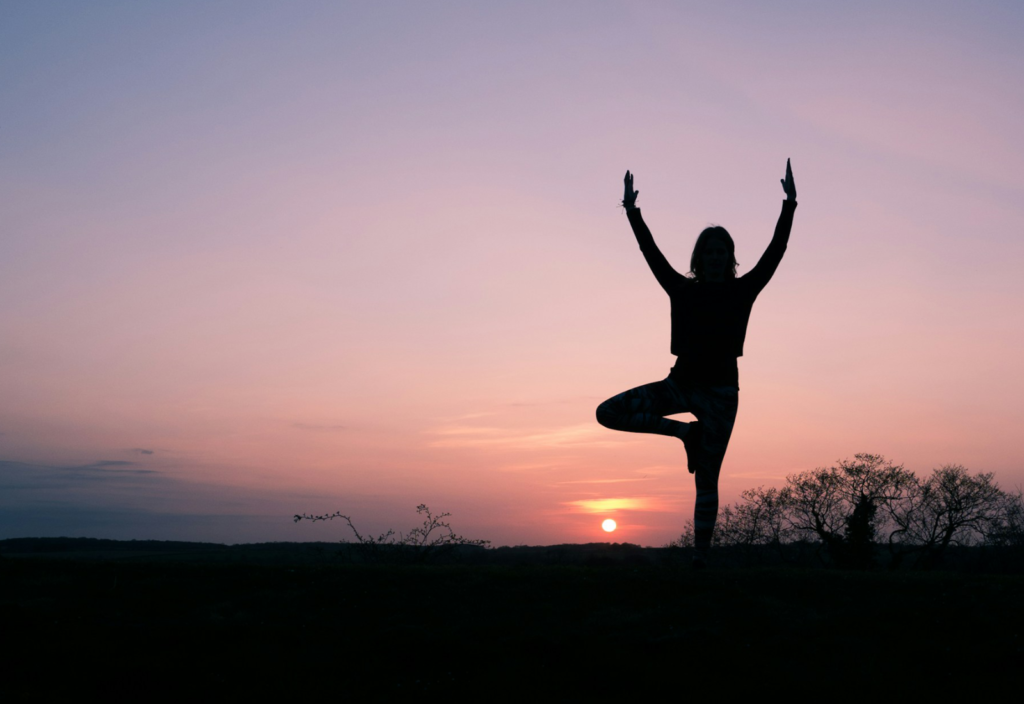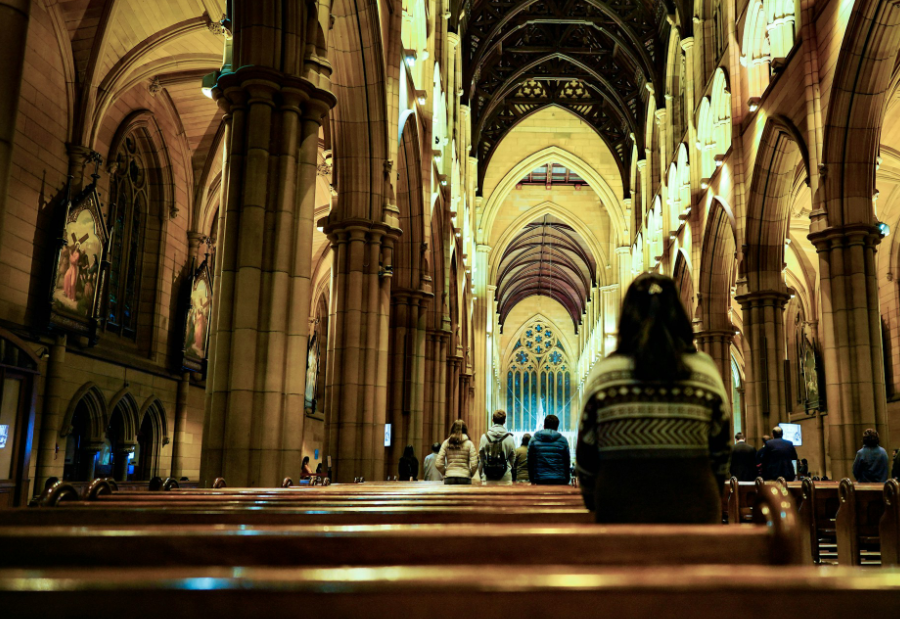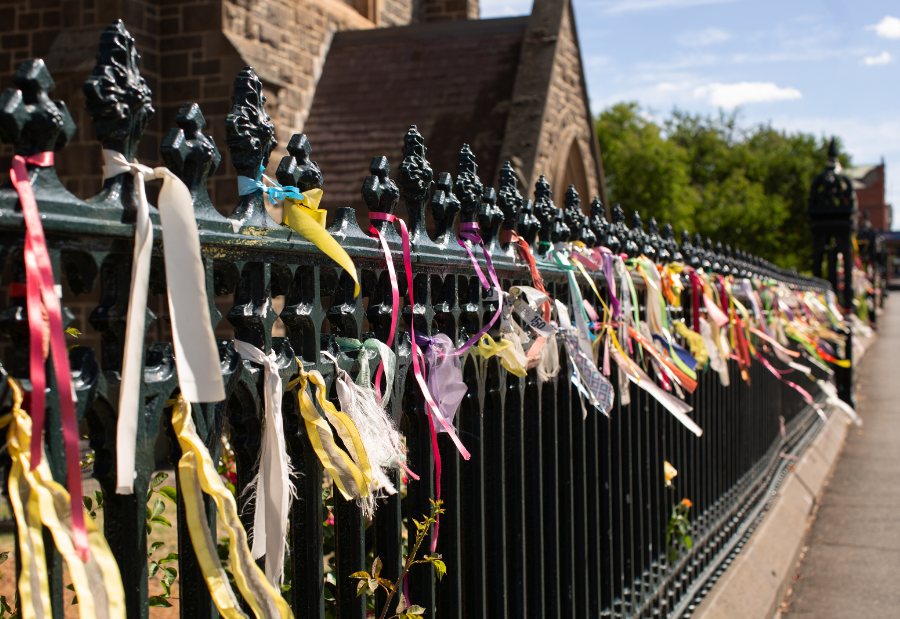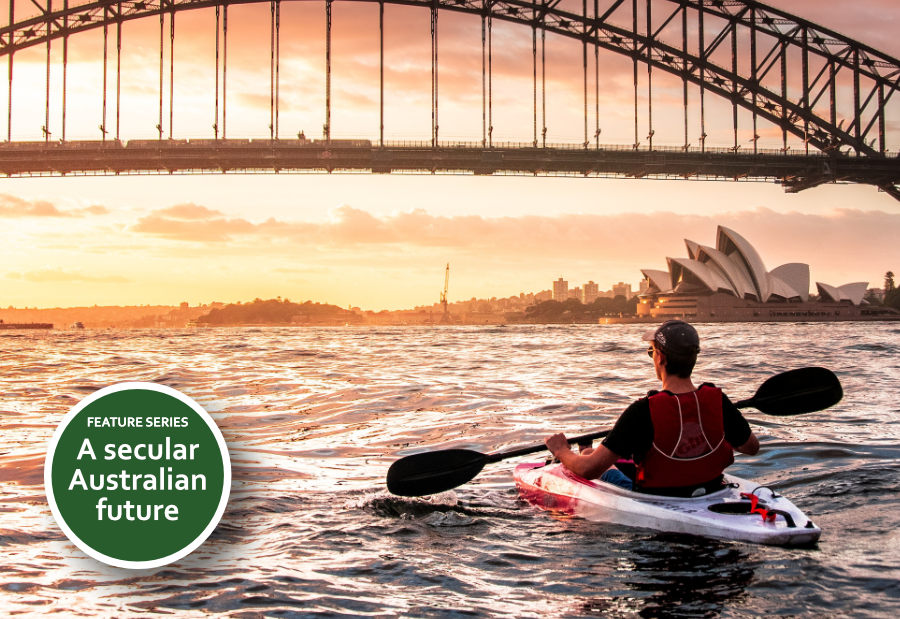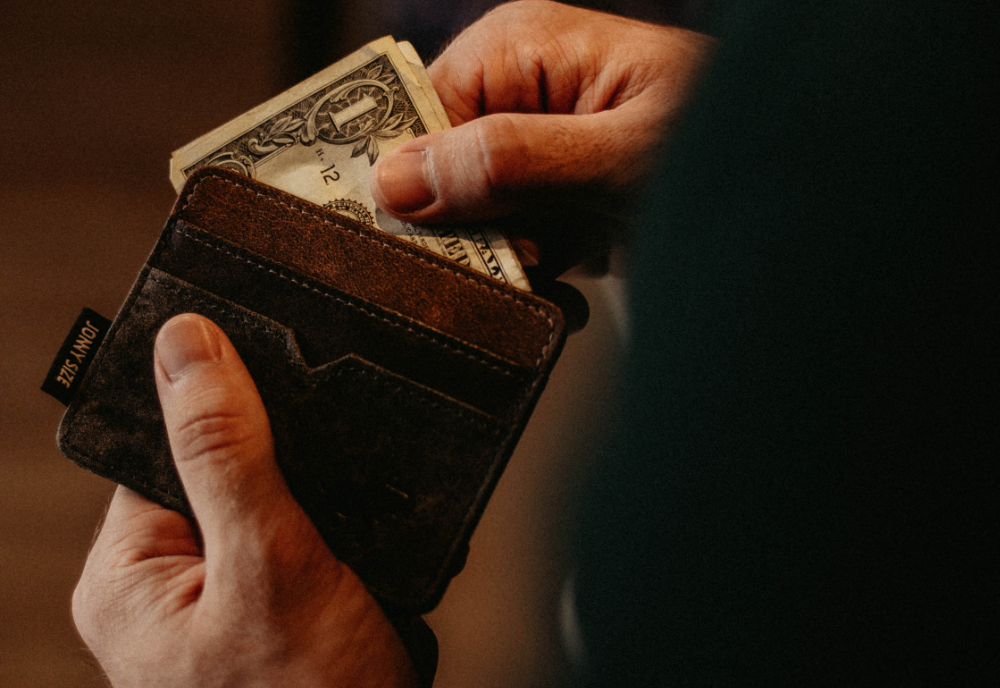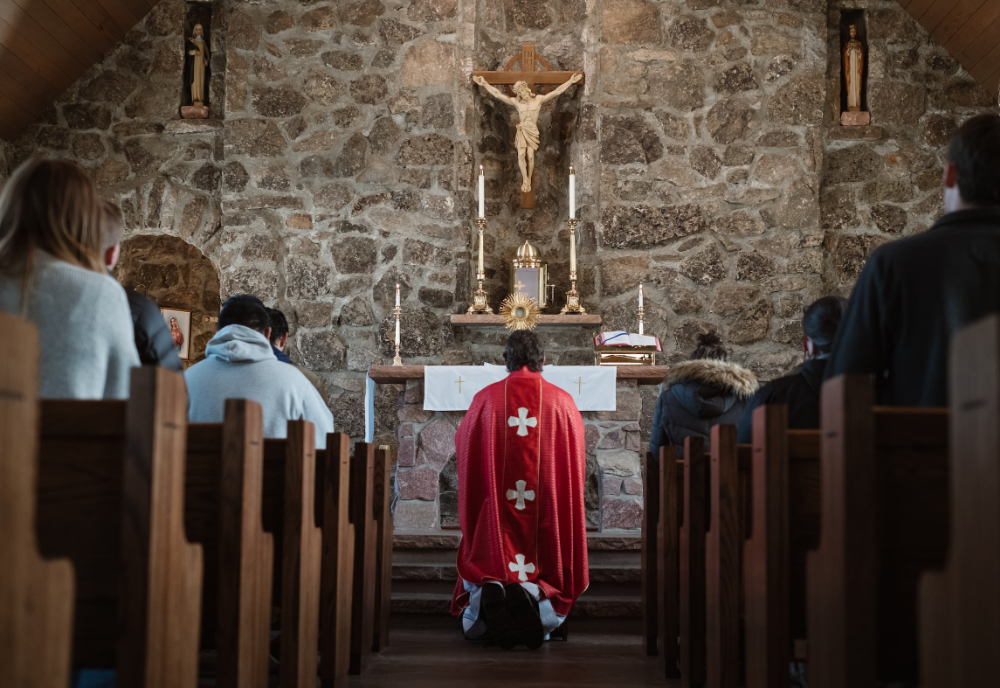The next Census in 2026 will likely be a watershed moment for our nation, with the proportion of Australians identifying as not religious set to overtake Christians and the total religious affiliation set to fall below half the population.
The dramatic decline of religion is, no doubt, the reason leaders of the Catholic Church are experiencing palpitations about proposed changes to the religion question in the Census.
In The Australian, Archbishop Timothy Costelloe urged the federal government to reconsider the proposal of the Australian Bureau of Statistics (ABS) to change the religion question.
He argued that changing the question’s wording and introducing a write-in-only option for people of faith would introduce a new bias in favour of ‘no religion’ and “weaken the accuracy” of Census data.
Catholic media has taken up the baton, suggesting the ABS wants to “effectively wipe religion out of the next Census”. Archbishop Anthony Fisher has backed Costelloe, suggesting that the changes would make the question more complex and difficult for those who do not speak English as their first language.
So upset are Catholic leaders that they are now directly lobbying Prime Minister Anthony Albanese, seeking intervention from on high.
But Costelloe’s criticisms don’t stack up.
If the Catholic Church were really concerned about ensuring the accuracy of Census data, it would support the proposed change to the text of the question.
The question used in past censuses – “What is the person’s religion?” – is clearly flawed, presuming all respondents have a religion. This built-in bias has produced inflated results favouring religion. With governments and policymakers using Census data to inform decisions and resource allocation, religious institutions – including the Catholic Church – have unfairly benefited.
The ABS is currently proposing to address this problem by changing the text of the question to “Does the person have a religion?”, accompanied by ‘No’ and ‘Yes’ tick boxes, and also space for people of faith to enter their religious affiliation. Clearly, this would enhance – not diminish – the accuracy of Census data.
Costelloe also argued that changing the text of the question would mean data could not be compared with results from past censuses. So, instead of wanting data that reflected religious affiliation as it really was, he would prefer erroneous data that could be compared with the erroneous data of past decades.
Regardless of whether the proposed changes end up in the next Census, the proportion of Australians identifying as not religious is on track to go well beyond 40 per cent – from 39.8 per cent in 2021 – and surpass Christianity.
Of 43.9 per cent of people who marked ‘Christianity’ at the 2021 Census, 20 per cent were Catholic. As the ABS noted, while Catholicism declined from 22.6 per cent at the 2016 Census, immigration from countries of high Catholic populations, such as the Philippines, helped to slow the decline.
Costelloe is surely well aware of the trends. Between 2016-21, his own diocese witnessed a decrease of 18,542 people. The vast majority of self-identified Catholics don’t attend weekly services, with the church’s own figures from 2016 showing just 11.8 per cent turn up on a typical weekend.
Regardless of whether the proposed changes end up in the next Census, the proportion of Australians identifying as not religious is on track to go well beyond 40 per cent – from 39.8 per cent in 2021 – and surpass Christianity.
The likely driver behind the backlash to the ABS’ proposal is fear of losing even more “cultural Catholics” – those who don’t buy the theology but may identify as Catholic at Census time for some tenuous reason. It’s not uncommon that someone raised in a Catholic household or educated in a Catholic school may hold onto the ‘Catholic’ tag long after giving up God and moving on from the church.
In 2021, my organisation, the Rationalist Society of Australia, was among a number of pro-secular and non-religious groups that joined forces in a campaign to encourage Australians to reflect honestly on their beliefs and complete the Census question accurately.
With the ABS and the federal government having previously ignored calls to remove the bias from the religion question, the campaign sought to educate the public about the problems with the question and the importance of people marking ‘No religion’ if they were no longer religious.
In his article, Costelloe warned that the new formulation of the question would “disengage religion from culture and identity”. He wrote: “The existing question, ‘What is your religion?’, assesses religious identification as part of a person’s culture and heritage, serving as an essential marker of other attributes and behaviour.”
Clearly, the Catholic Church is willing to fight to keep cultural Catholics in its column at Census time.
Yet, the Catholic hierarchy has an ongoing fight just to keep many lapsed Catholics within their flock. As social researcher Neil Francis has shown in his Religiosity in Australia series, large majorities of Catholics have opposed the church’s conservative dogma on important social policy issues such as same-sex marriage, voluntary assisted dying, and access to safe and legal abortions.
If the Catholic Church’s lobbying effort were to succeed, it would condemn Australia to a perpetuation of inaccurate – and, therefore, unfair – Census data.
It would also sabotage the two-year community engagement process which informed the ABS’ decision to reformulate the religion question. Early last year, the ABS revealed that the public had raised “potential bias in the question wording” as a major concern, with nearly 200 submissions addressing the topic.
With Census data informing decisions about representation of voice and influence in government institutions and wider society, not changing the question would have the flow-on effect of continued unfair treatment of non-religious and non-Christian Australians.
Christianity is privileged in public life in many ways. For example, local governments and parliaments continue to impose acts of Christian worship as part of formal proceedings. Also, the ABC, with its large stable of religious programming, fails to provide equal opportunity for non-religious worldviews to be represented. On our nation’s most important day of commemoration, Anzac Day, Christianity dominates the Australian War Memorial’s Dawn Service.
When the next Census results for religion are released, we should all want them to be as accurate as possible and truly reflective of who we are as a nation. For that to happen, adopting the ABS’ reformulated question is essential.
Published 9 June 2024.
If you wish to republish this original article, please attribute to Rationale. Click here to find out more about republishing under Creative Commons.
Photo by Grant Whitty on Unsplash.

